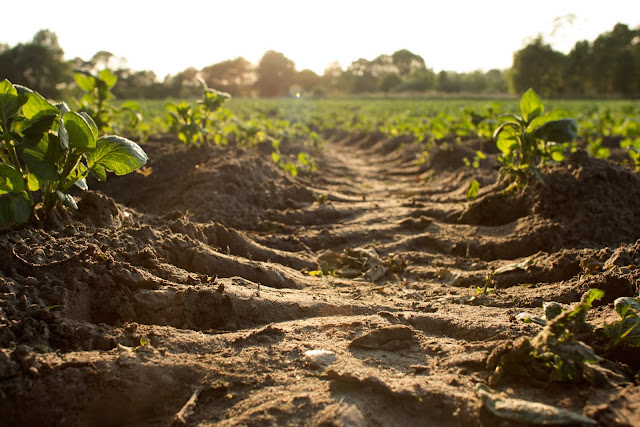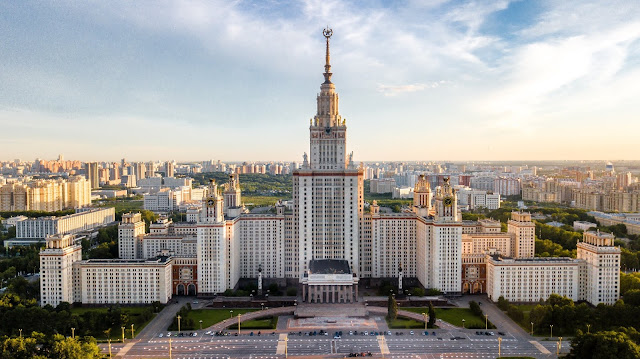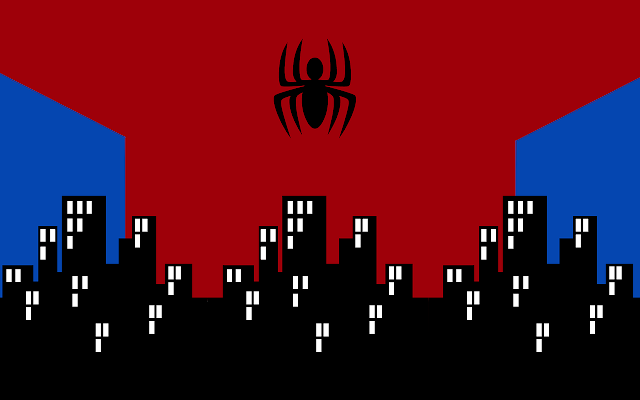Biochar - The Underdog in the Fight to Save Our Soil

KF - Writer Soil health is the frequently mentioned but never fully explained fourth horseman of the Anthropocene. This period when humans are the overriding force of change over the planet is fuelled by 4 umbrella issues: overexploitation, overpopulation, pollution and soil degradation. Now, the first 3 are widely spoken about: exploiting animals to extinction for food or for sport, plastic in the ocean, urban encroachment, climate change. These issues are all covered by the first 3 headings and so receive far more of the limelight than any others. However, soil degradation often gets cast to the bottom of the pile for the simple reason which is that: too few people understand how vital soil is to everything we do. It’s true. Soil might not be the sexiest subject on a Saturday night but like the kid in the movie who was bullied by the lead in the first act, mistreated soil will later return as the villain to take its revenge. So how do we avoid this tired movie cliché and stop soi



